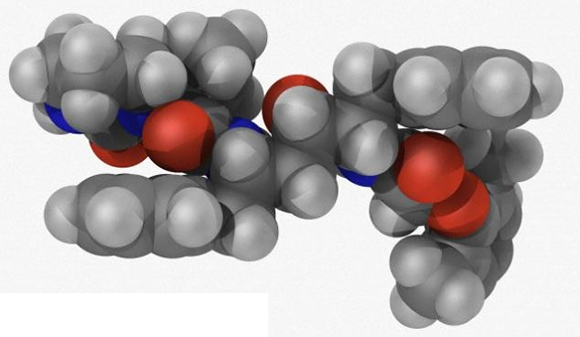A first-time clinical trial proved the efficiency of an anti-HIV drug over human papilloma virus (HPV), which is linked to cervical cancer development. The University of Manchester and Kenyatta National Hospital from Nairobi joined forces to examine and treat Kenyan women who showed up positive for HPV and were cured with a popular drug used in Africa to treat HIV.

Statistics to prove the thesis
The researchers analyzed data from 40 women with low and high risk of developing cervical cancer. They were asked to apply locally the pills used against HIV twice a day for two weeks. 19 out of 23 women diagnosed with high risk of cancer lowered their risk to normal level and 2 more decreased to low-risk. Statistically, the results showed 82.6% up to 91.2% (if counting the 2 last women) positive results. These were achieved after 3 months, but first signs of improvement were seen after a month of treatment.
Positive effects on cervical lesions
17 women diagnosed with low-grade disease showed clear regression of the disease and no side effects were reported. The doctors are happy with the results gained after conducting the clinical trial. They believe dosage optimization and treatment period modifications can improve the efficiency of this medicine.
Prevention over treatment
The incidence of infections with human papilloma virus is high and it leads to a number of cancers, such as cervical cancer, mouth cancer and throat cancer, the last two being common in men as well as women. Prevention is the key to decrease the number of deaths by HPV infection. However, the study proved there could be an effective self-administered treatment for those already infected. Until now, HPV and cervical cancer could only be prevented by expensive vaccination and once you develop a lesion there were only surgical methods to prevent the cancer from developing further more.
Critics and congratulations
Researchers who conducted the study were both congratulated for their revolutionary discovery but critics have also arose in the scientific community. Lord Saatchi, widow of novelist Josephine Heart who died of ovarian cancer, was intrigued why the study was conducted in Nairobi and not in UK. He also got his answer as researchers revealed the costs would have been bigger and the population of developing countries is in great need of medical care, which was provided during the clinical trial. Thus, many women received gynecological tests and care which are not available for them, 5 of them undergoing surgery to remove cervical cancer.






